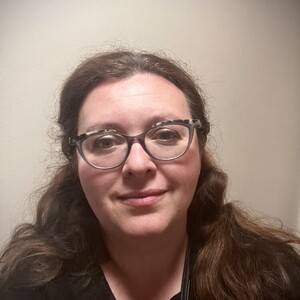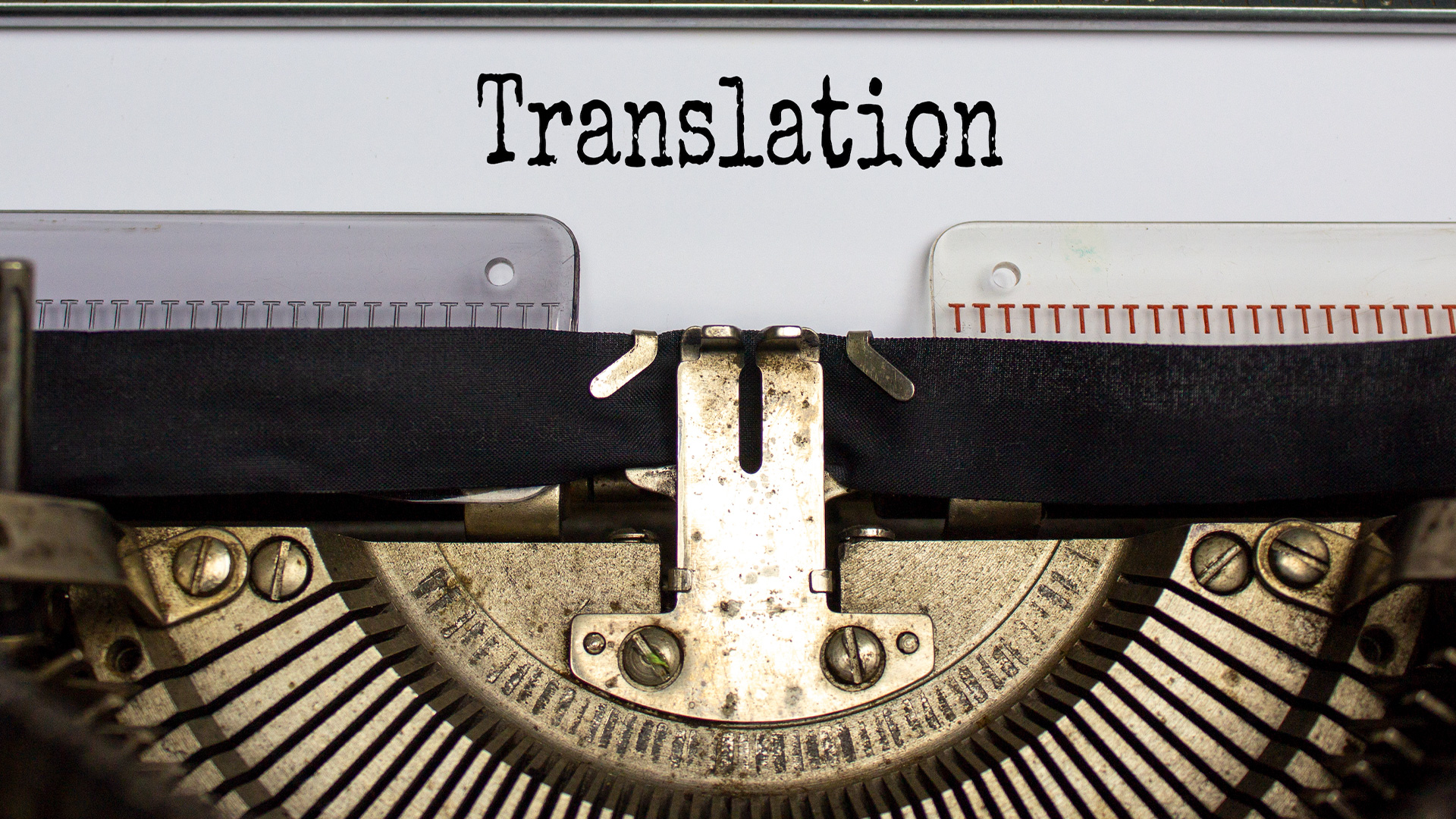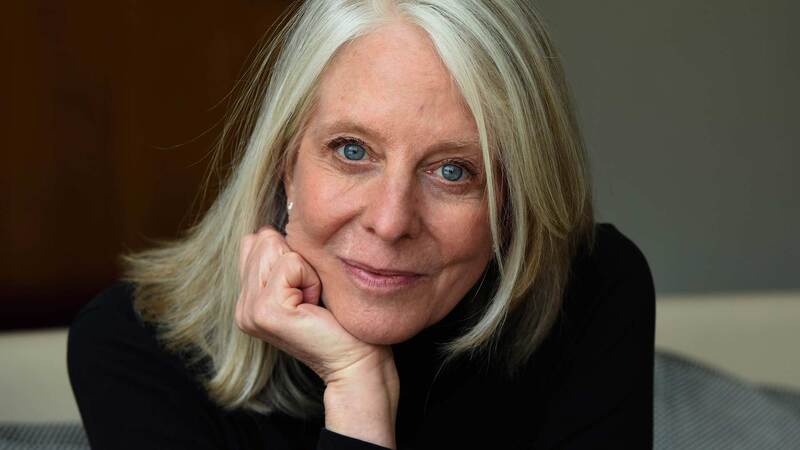You are viewing your 1 free article this month. Login to read more articles.
What we prize
Non-fiction in translation deserves far more visibility and support.
Our world is more connected than ever: no place is a valley, a mountaintop, an island. Words are everywhere you look, and fiction assures us of our shared humanity, but it’s a very particular kind of non-fiction that tells us about the here and now.
Last week the journalist and activist Elena Kostyuchenko received the 2024 Pushkin House Prize for I Love Russia: Reportage From a Lost Country (Bodley Head UK and Penguin Press US). As one of the book’s two translators, I was privileged to stand by her side as, slight and soft-spoken, she held the gathering in her gaze – the intensely present gaze of someone whose vocation, as she herself once put it, is “professional witness”. She spoke about love, and how love means opening your eyes to reality.
Until death threats forced her to leave Ukraine, where she was reporting on the invasion, Kostyuchenko was a veteran at Novaya Gazeta, which at that time was Russia’s last independent newspaper. Today there are none publishing inside the country. The book spans nearly 20 years of journalism, stories from the social and geographical outer reaches of Russia (it’s mostly all outer reaches). I Love Russia documents the country’s slide into fascism and, inevitably, war: its original title My ******* Country (the ******* stands for the word Beloved) is apt, for to truly love something does not mean to love uncritically.
On a strong and varied shortlist, this was the only work in translation – so when the winner was announced I felt, alongside elation, relief. As a translator of mostly fiction and with a day job in trade publishing, I know only too well the effect a prize can have on a book’s domestic and international prospects; another push from publicity and marketing, another ping on social media, another chance of getting reviewed.
Because it was not written in English, I Love Russia was ineligible for the Orwell Prize or the Women’s Prize for Non-Fiction, or for the Ondaatje Prize, or the Duff Cooper, or the Nero Book Award. A few of the more academic prizes may be open to translation, but almost without exception in a narrow category like history or biography. The British Academy Book Prize for Global Cultural Understanding skews towards history, and is rather a mouthful to work into a roundel! Unusually for a literary translation prize, the Warwick Prize for Women in Translation welcomes non-fiction, but although our author plus translators triumvirate happens to fit the brief this time, it’s necessarily restricted to women. The Pushkin House Prize is wide open to non-fiction in translation, but only about Russia.
I have in mind a prize for non-fiction that speaks, from a seemingly narrow scope, of the world today: a marriage of the Orwell and Ondaatje, by way of the Frontline Club
For each of these prizes, their own criteria makes sense: awards are subject not just to the immediate zeitgeist of their collective juries, but to the specific interests of their founders and funders – and they reflect both what readers seek out and what the cultural consensus (if only a loose one) sees fit to promote. Prizes can generate book sales, but also conversation. They are a statement of values, and of intent.
I have in mind a prize for non-fiction that speaks, from a seemingly narrow scope, of the world today: a marriage of the Orwell and Ondaatje, by way of the Frontline Club, that is open to works in translation. Its aim would be to support, encourage and publicise journalism and reportage from around the world, in the same way that the Wellcome Book Prize once helped to expand both publishers’ acquisition lists and the reading public’s taste for books on the subject of medicine and health. Something akin to the Ryszard Kapuściński Award, so synonymous with the best in literary reportage that the longlist commands whole bookshop tables in its native Poland. Watch this space.
Books like I Love Russia, like Fábio Zuker’s The Life and Death of a Minke Whale in the Amazon, Wojciech Jagielski’s The Night Wanderers and Cristina Rivera Garza’s Grieving, Jacek Hugo Bader’s Kolyma Diaries and Roberto Saviano’s Gomorrah, Paul Caruana Galizia’s A Death in Malta – I could go on – arrest our attention and capture our imagination. Classics like A Homage to Catalonia, Eichmann in Jerusalem, The Shadow of the Sun, Good Women of China, Nothing to Envy, Second-Hand Time – I could go on – that remain in print because times, climes and borders may change quickly, but the immediacy and specificity of their stories reminds us that “people like them” from our recent past history were, all along, people like us.
In a recent interview, Kostyuchenko – whose offices at Novaya Gazeta had a photo wall of murdered colleagues – said: “It’s stupid trying to kill journalists because they are just describing the reality, and if reality is terrible, it’s the fault of people who made it so. We are just describing what’s happening and we are obliged to keep people in touch with reality; that is all we do.”
We live with the deafening noise of 24-hour rolling news, Facebook feeds, TikTok hacks, Telegram updates, YouTube suggestions, natural disasters, real-or-fake executions and maybe-revolutions filmed by shaky camera phone, politicians who speak in soundbites, news-free hot takes, sponsored content, alternative facts aggregated by algorithm, doom-scrolling, advertorials, word salad vox pops, Twitter bubbles, listicles, troll farms and infotainment. I’m aware this incomplete list will be out of date by the time you’ve finished reading this sentence.
At the same time, reporters and journalists around the world are being intimidated, threatened, harmed and murdered because the work they still do – deep, embedded, painstaking, time-consuming work – must be important. Work that frightens oligarchs, autocrats, populists and dictators so much they are willing to kill for silence.
Work that, amid the cacophony of the immediate present, takes time to see and hear and witness. Work that challenges and enriches our understanding of the world outside our own borders, beyond our own language. Work concerned with reality, that we ignore at our peril as our global entanglement deepens every day.
We must support that work and listen to those voices – confronting reality is how we survive.





















